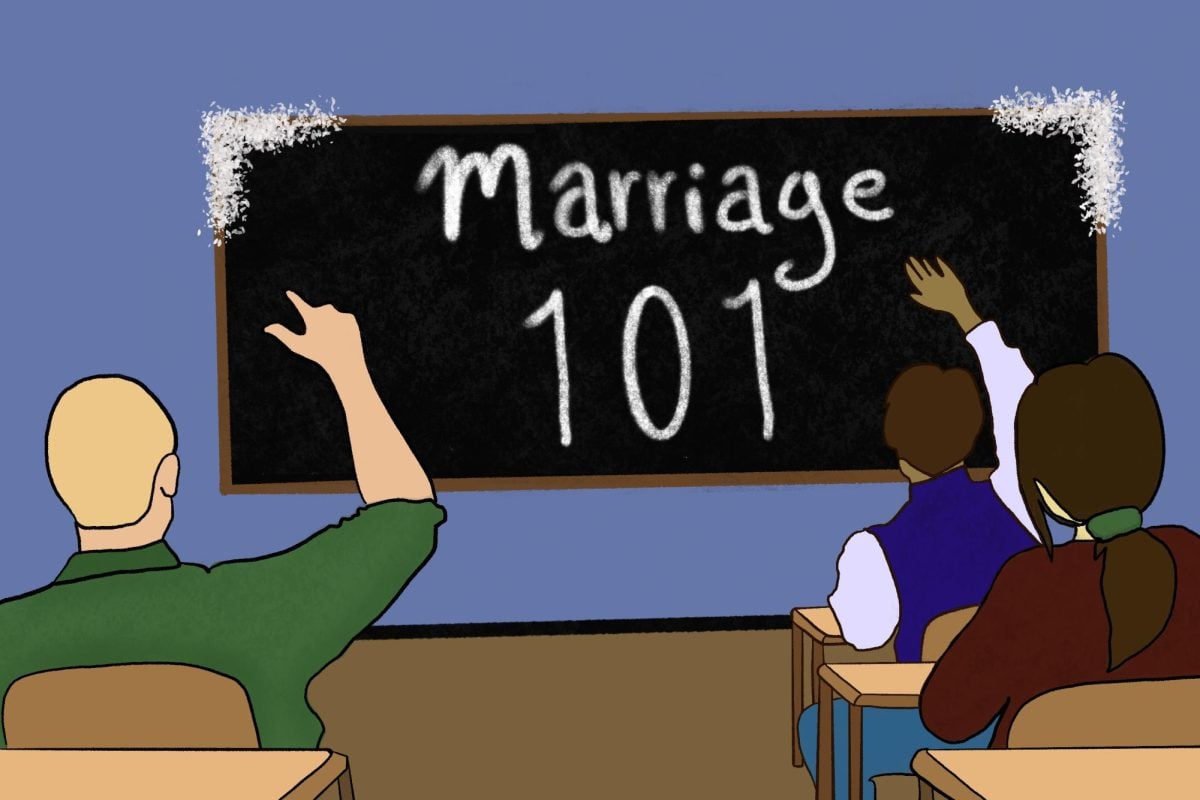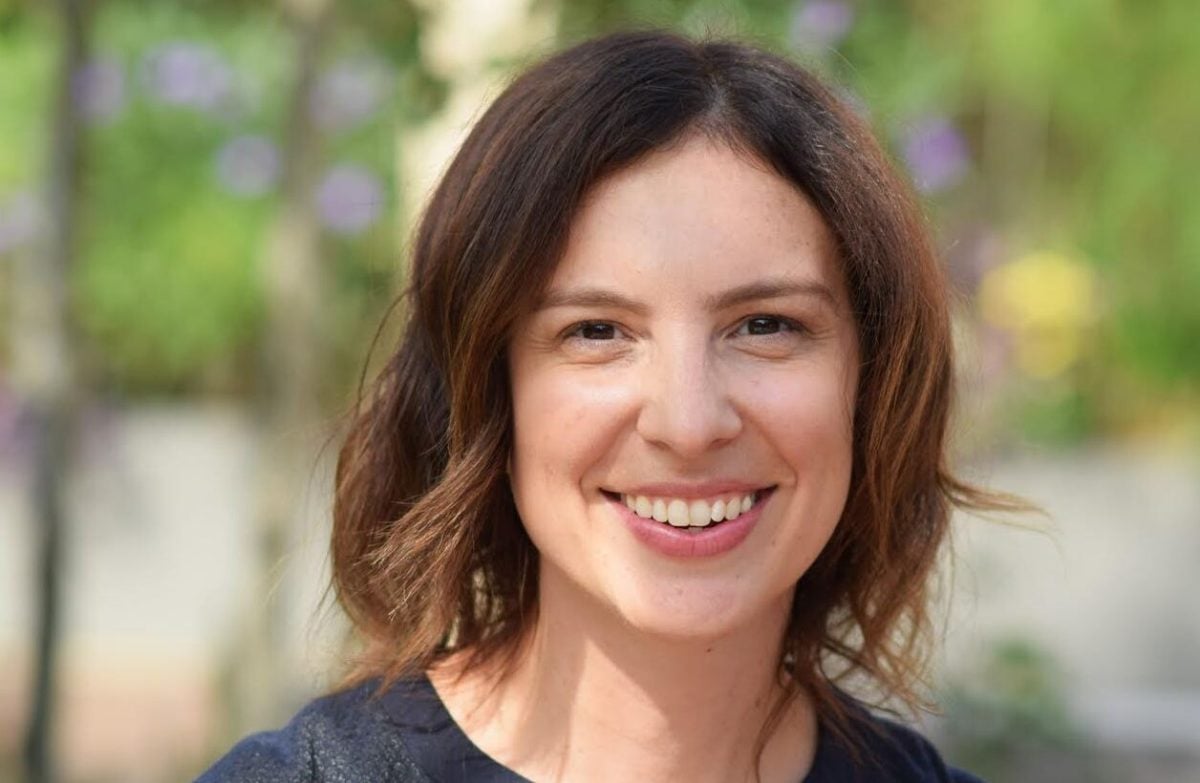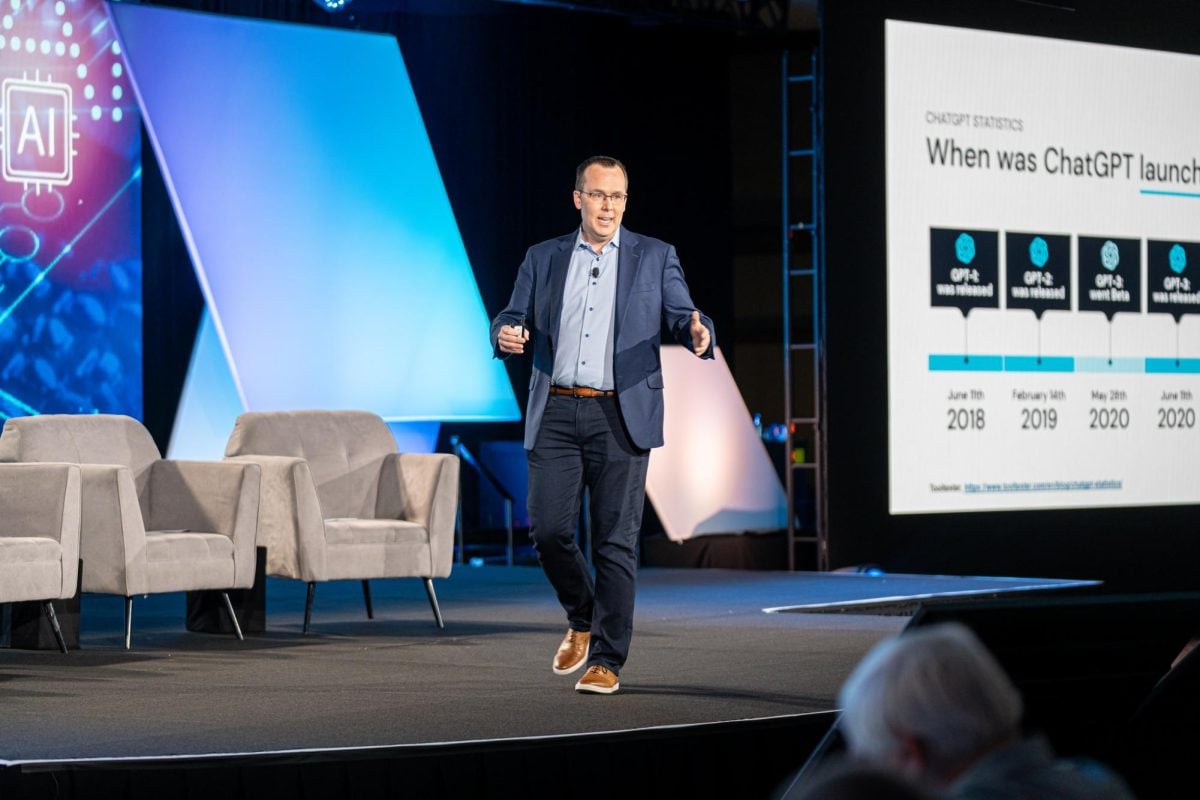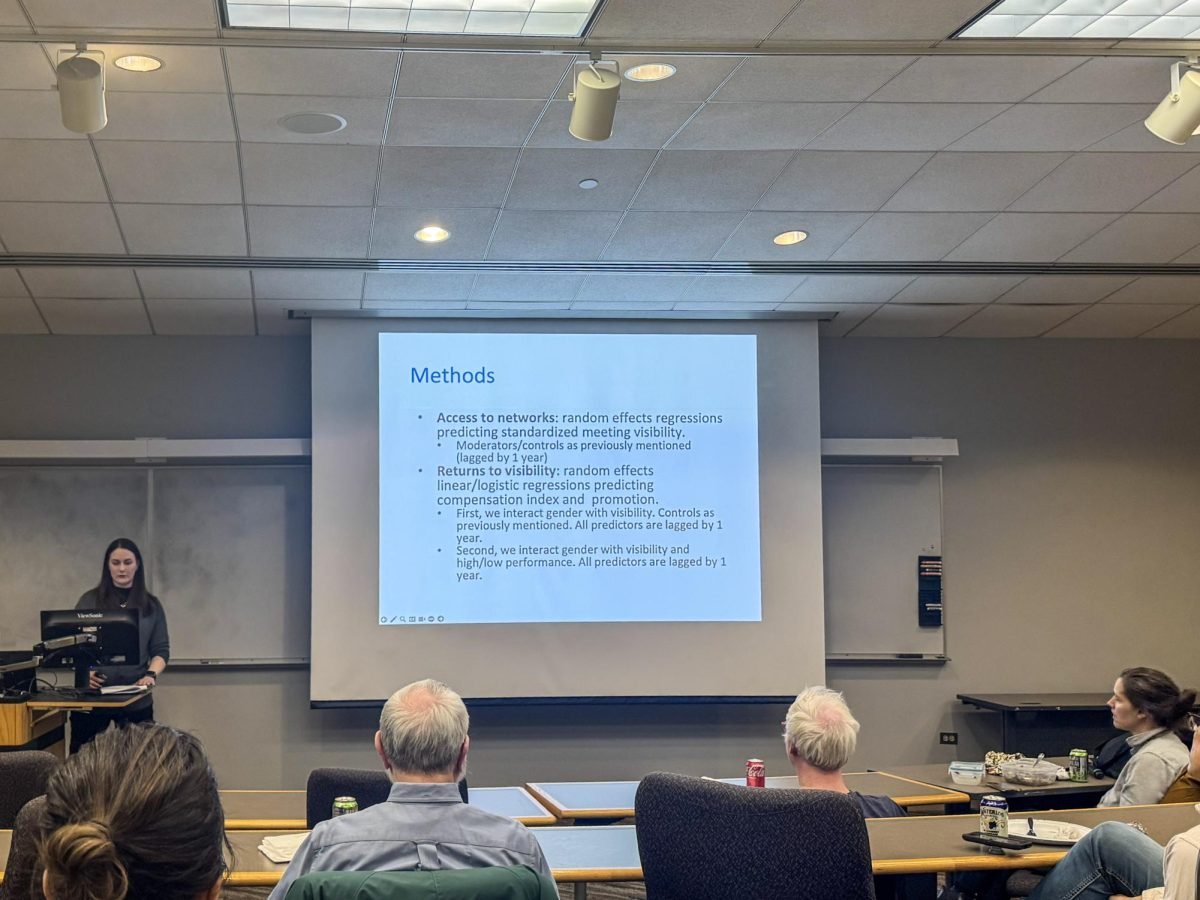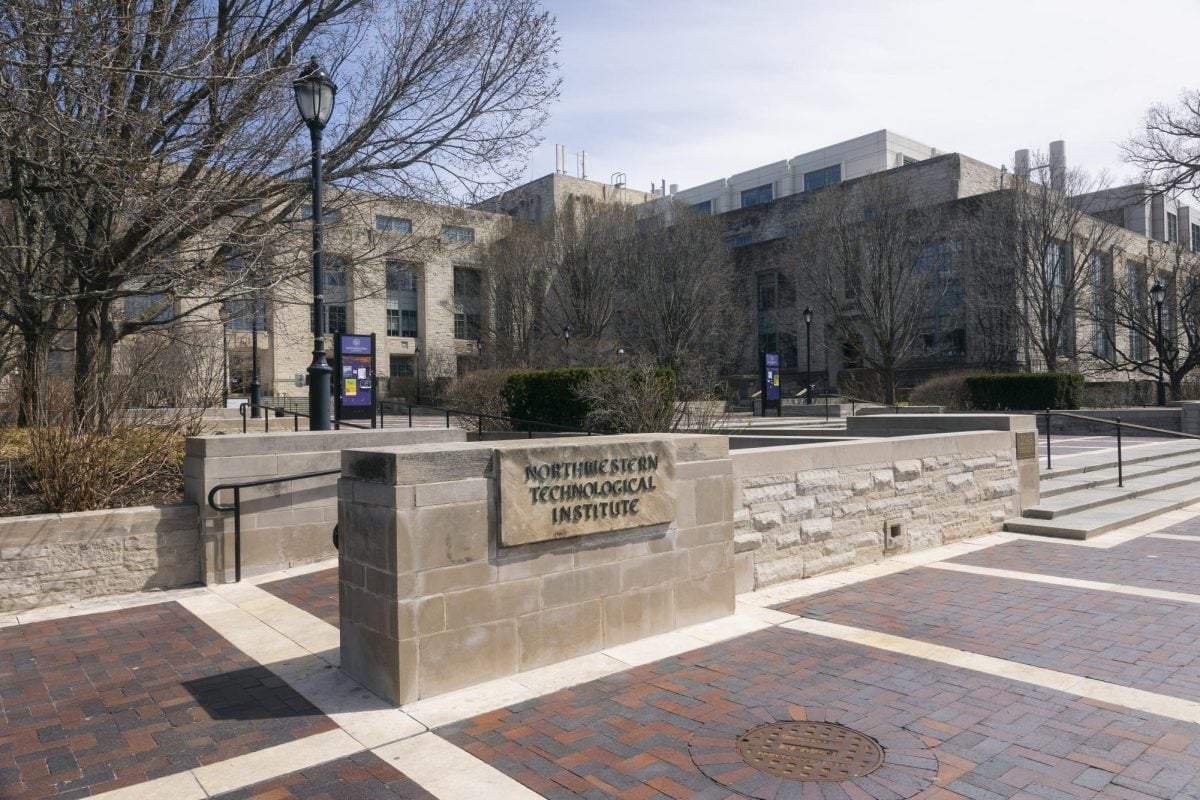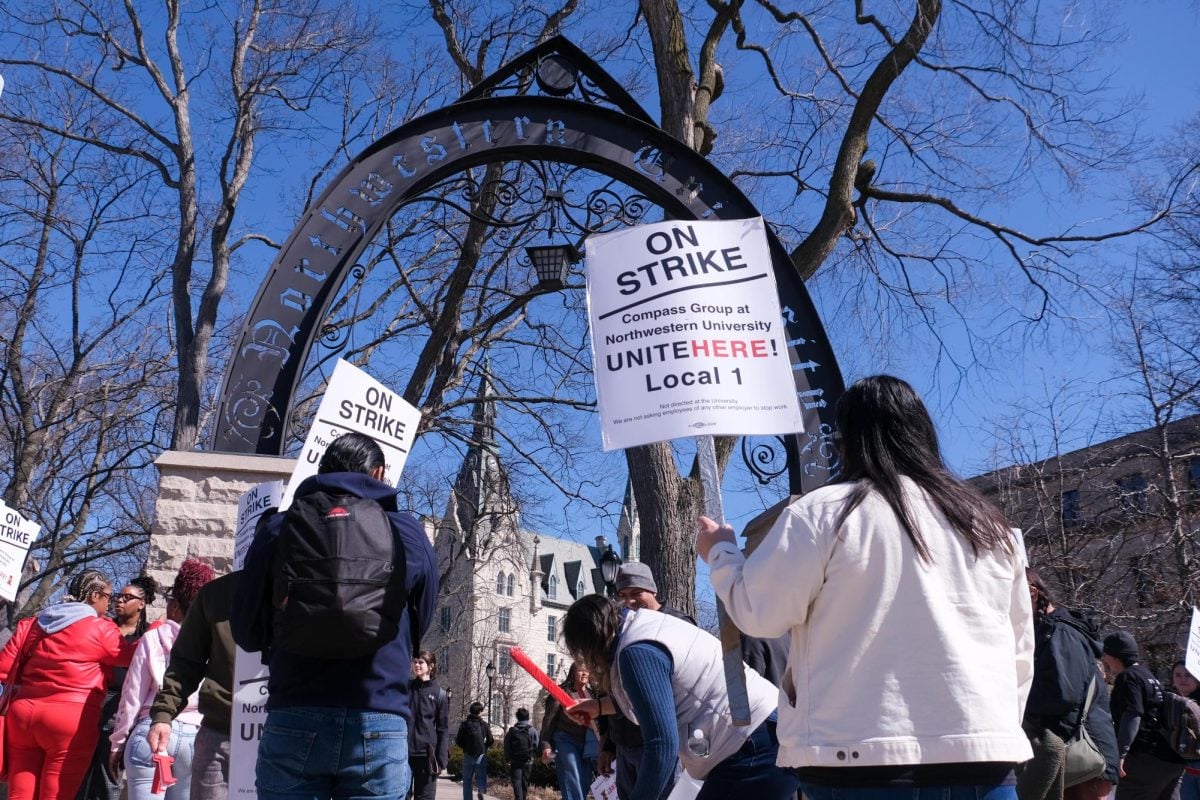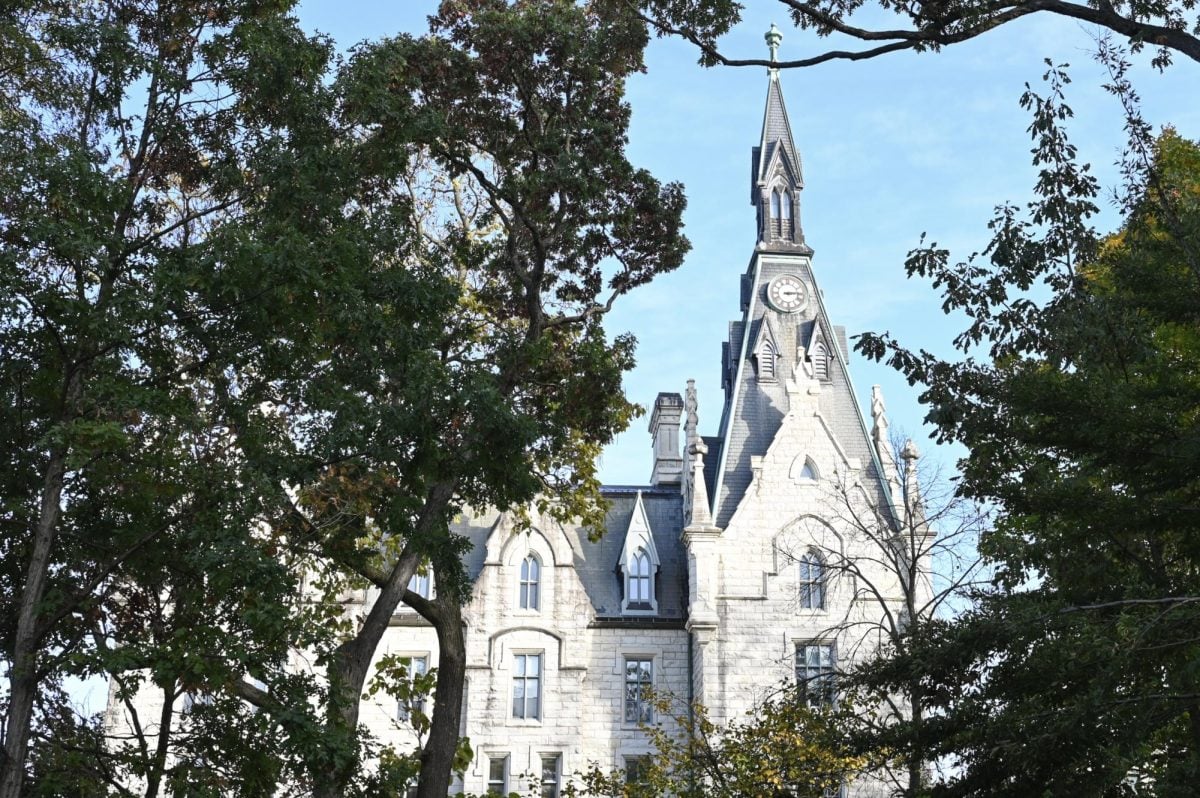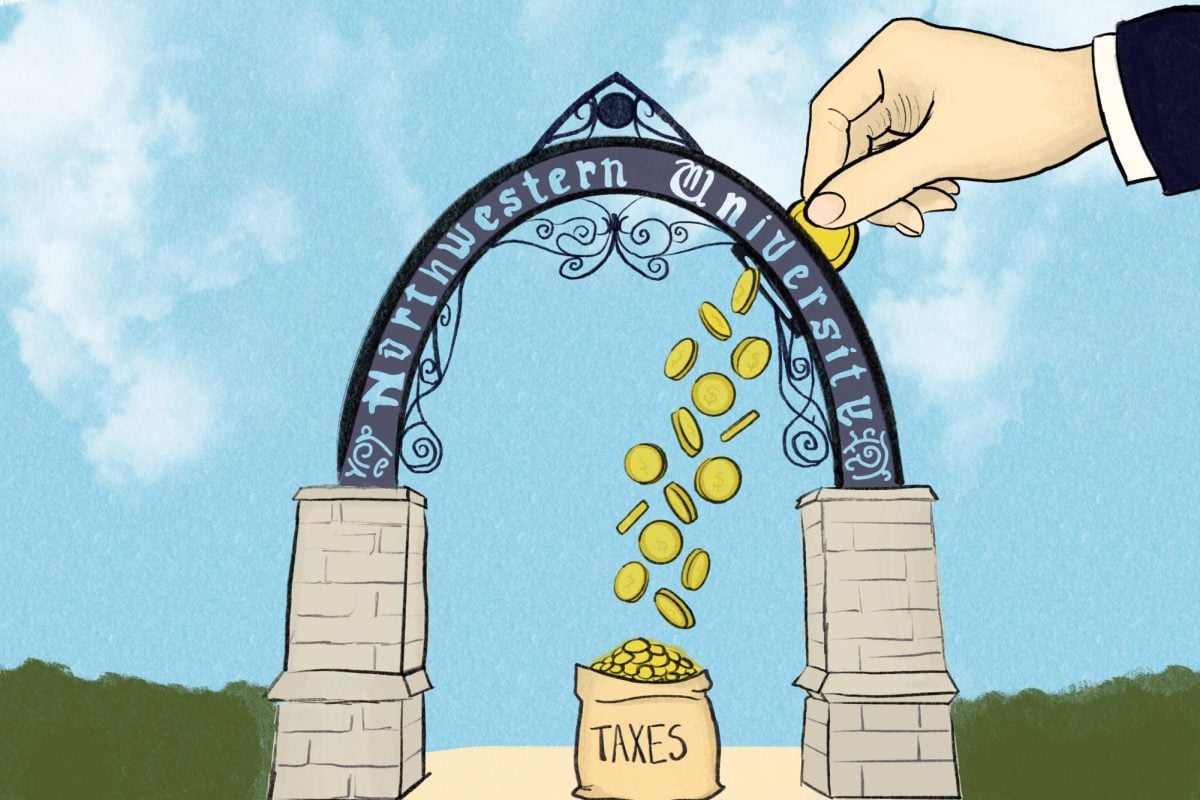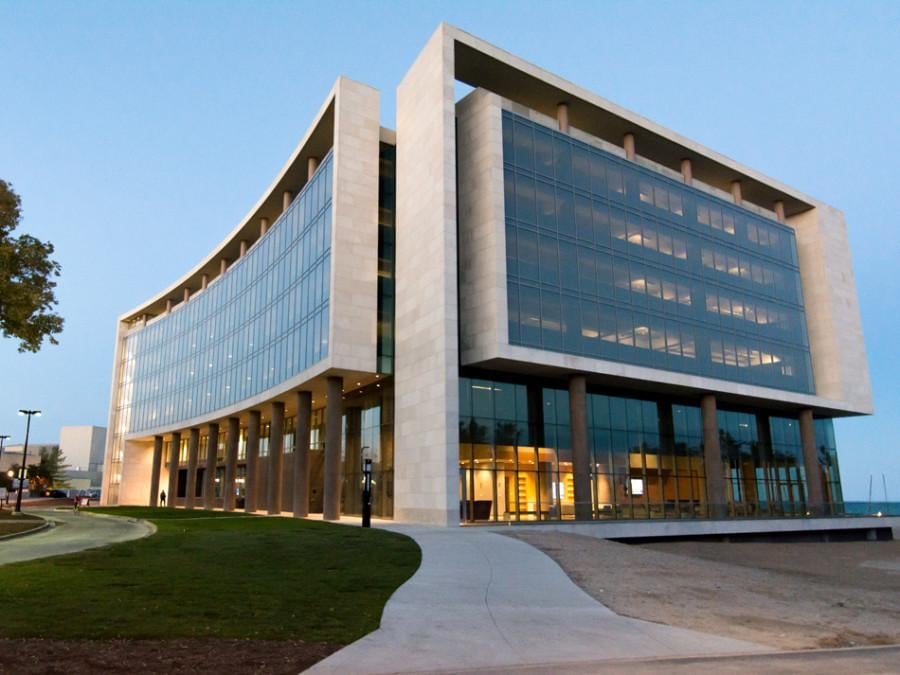An experienced environmental activist and policymaker shared his vision for a sustainable American policy and encouraged young people to engage in environmental advocacy Thursday afternoon at Northwestern.
James Gustave Speth, author of “America the Possible: Manifesto for a New Economy,” has worked on environmental issues for about 40 years, advising President Bill Clinton and founding the World Resources Institute. In the lower level of Chambers Hall, which quickly became standing room only, Speth talked to more than 100 people about how fundamental problems in America’s political, economic and social systems hinder environmental policies.
“It really is not programmed or hardwired to put political priority on sustainable people, places and planet,” he said.
Speth explained the U.S. cannot move toward a more sustainable society until “transformative changes” take place to push sustainability and environmental issues to the forefront of politics.
He said political and corporate fixation on economic growth detract from important domestic issues that also threaten security, such as poverty, inequality and climate change. The U.S. government is characterized by a a “tragic neglect of unconventional threats,” he said.
Speaking on campus just days after the presidential election, Speth said environmental issues were not discussed enough by the two candidates. Only after Superstorm Sandy devastated the East Coast did climate issues get real attention, he said.
“This is the morning after the election, and we haven’t changed the situation,” he said.
Political science Prof. Yael Wolinsky, director of NU’s Program in Environmental Policy and Culture, said Speth’s long career in environmentalism and his holistic approach to the issues make him a “pioneer” in environmental law policy. Speth served as chairman of the Council on Environmental Quality during the Jimmy Carter administration and administered programs for the United Nations throughout the 1990s.
“He offers a very unique perspective on how the U.S. can actually conform itself into a sustainable society,” she said.
Speth’s appearance at NU comes at a time when student and administrative interest in sustainability is on the rise, Wolinsky said.
In addition to the year-old Office of Sustainability and the newly established Associated Student Government Sustainability Committee, about 2,000 students take environmentally related courses annually, she said.
“All of these really reflect a change at Northwestern,” she said.
Rachel Scholes, a member of Engineers for a Sustainable World and Roosevelt Institute, said she sees Speth’s work as being very pertinent to college students, who should be taking an active role in areas of sustainability.
“Environmentalism is applicable to everyone, especially college students,” the McCormick junior said. “We are going to be a big part of changing the future of climate change issues.”
Despite Speth’s strong emphasis on change, some audience members were skeptical about the feasibility of Speth’s plans. Evanston resident Dick Cohen said Speth was trying to provide answers to an “uphill battle.”
“Where is the change going to come from?” Cohen said. “How are you going to bring it about?”
Speth told The Daily that environmental issues are especially relevant to younger generations, who will have to contend with the consequences of climate change.
He said students need to engage in a “new era of protest” as they did during the civil rights movement.
“This is really the future for young people,” Speth said. “If this world doesn’t get serious about climate mitigation urgently, the lives of young people are going to be severely damaged.”

